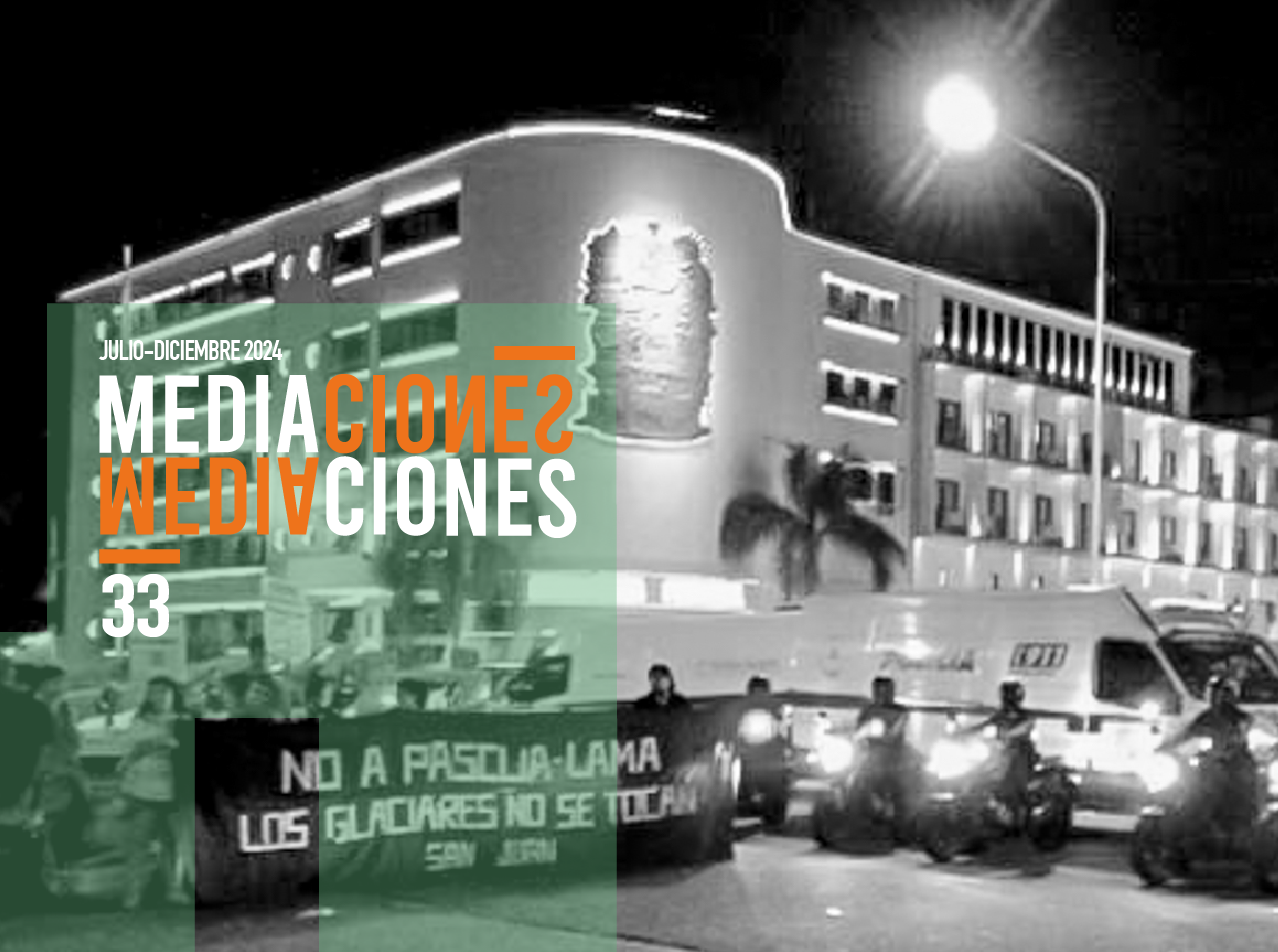An autoethnographic reflection on the verb “decolonize” in sociological knowledge production
Main Article Content
Abstract
Decolonization seems to have become a buzzword in multiple disciplines. However, the debate about what it means in relation to individual, collective, institutional and structural changes in academia remains under-discussed. Inspired by Tuck and Yang’s article “Decolonization is not a metaphor” (2012), the author –descendent of enslaved people in a former Portuguese colony– reflects on his own relationship with coloniality and what “to decolonize” means in his own scholarly trajectory. The goal of the essay is to reflect about a researcher’s own epistemological choices and power positions in an unequal and hierarchical academia.
References
Adams, T. E., Jones, S. H. and Ellis, C. (2015). Autoethnography. Oxford University Press.
Almeida, S. (2019) Racismo Estrutural. Jandaíra.
Bento, C. (2022). O pacto da Branquitude. Companhia das Letras.
Bernardino-Costa, J., Maldonado-Torres, N., and Grosfoguel, R. (Eds.). (2020) Decolonialidade e Pensamento Afrodiaspórico. Autêntica.
Bhambra, G. K., Gebrial, D., and Ni§ancıoglu, K. (Eds.). (2018) Decolonising the University. Pluto Press.
Chawla, D. and Atay, A. (2018). Introduction: Decolonizing Autoethnography. Cultural Studies - Critical Methodologies, 18(1): 3–8.
Clarke, K. and Yellow Bird, M. (2021) Decolonizing pathways towards integrative healing in social work. Routledge.
Cusicanqui, S. R. (2012). Ch'ixinakax utxiwa: A Reflection on the Practices and Discourses of Decolonization. South Atlantic Quarterly 111(1):95-109.
Custódio, L. (2018, February 7). ¿Como palmiteiros nascem? Uma reflexão de quem sempre palmitou. Geledés. https://www.geledes.org.br/como-palmiteiros-nascemuma-reflexao-de-quem-sempre-palmitou/
Custódio, L. (2021). The Decolonial Nature of Comunicação Popular. In: Suzina, A. C. (Ed.). The Evolution of Popular Communication in Latin America. Palgrave Macmillan, Cham. https://doi.org/10.1007/978-3-030-62557-3_10
Du Bois, W. E. B. (2007). The souls of Black folk. Oxford University Press.
Dutta, M. J. (2015). Decolonizing Communication for Social Change: A Culture-Centered Approach, Communication Theory, 25(2), pp.123–143. https://doi.org/10.1111/ comt.12067
Eddo-Lodge, R. (2017). Why I’m No Longer Talking to White People about Race. Bloomsbury Circus.
Evaristo, C. (2017). Becos da Memória. Pallas.
Fanon, F. (2017). Black Skin, White Masks. Pluto Press.
Glück, A. (2018). De-Westernization and Decolonization in Media Studies. Oxford Research Encyclopedia of Communication. Available at: https://oxfordre.com/communication/view/10.1093/acrefore/9780190228613.001.0001/acrefore-9780190228613-e-898 (Accessed 16 Dec. 2022).
Grosfoguel, R., Hernández, R. and Velásquez, E. R. (Eds.). (2016) Decolonizing the Westernized University: Interventions in Philosophy of Education from Within and Without. Lexington Books.
Harrison, F. V. (2010) Decolonizing anthropology: moving further toward an anthropology of liberation. Association of Black Anthropologists, American Anthropological Association.
Hooks, B. (2004). We real cool: Black men and masculinity. Routledge.
Khanna, N. (2020). The Visceral Logics of Decolonization. Duke University Press.
Kilomba, G. (2010). Plantation memories: Episodes of Everyday Racism. Unrast.
Maldonado-Torres, N. (2007). On the Coloniality of Being. Cultural Studies, 21(2-3): 240- 270.
Mbembe, A. (2021). Out of the Dark Night: Essays on Decolonization. Columbia University Press.
Meghji, A. (2021). Decolonizing Sociology. Polity.
Mignolo, W. and Escobar, A. (Eds.) (2010). Globalization and the Decolonial Option. Routledge.
Mignolo, W. and Walsh, C. E. (2018). On Decoloniality: Concepts, Analytics, Praxis. Duke University Press.
Mills, C. W. (2000). The Sociological Imagination (Fortieth Anniversary Edition). Oxford University Press.
Ngûgî, W. T. (1986). Decolonizing the mind. Heinemann.
Reiter, B. (2009). Whiteness as Capital: Constructing Inclusion and Defending Privilege. In: Reiter, B. and Mitchell, G. L. (Eds.). Brazil’s New Racial Politics. Lynne Rienner Publishers, pp. 19-34.
Saini, A. (2019). Superior: the Return of Race Science. 4th Estate.
Segato, R. (2022). The Critique of Coloniality. Routledge.
Skafish, P. (2016). The Metaphysics of Extra-Moderns: On the Decolonization of Thought – A Conversation with Eduardo Viveiros de Castro. Common Knowledge 22(3): 393-414.
Souza, J. (2021). Como o Racismo Criou o Brasil. Estação Brasil.
Táíwò, O. (2022). Against decolonization: Taking African Agency Seriously. Hurst and Company.
Tuck, E. and Yang, K. W. (2012). Decolonization is not a Metaphor. Decolonization: Indigeneity, Education and Society, 1(1): 1-40.
Villanueva, E. T.; Lima, V.M.A.; and Carrasco, H.E.H. (2023) (Eds.). Comunicação e decolonalidade: Insurgências epistêmicas, teóricas e práticas [Dossiê temático]. Revista Latinoamerica de Ciencias de la Comunicacion, XXII (42).
Viveiros de Castro, E. and Skafish, P. (2014). Cannibal metaphysics. Minneapolis: Univocal.
Yancy, G. (2018). Backlash: What happens when we talk honestly about racism in America. Rowan and Littlefield.


